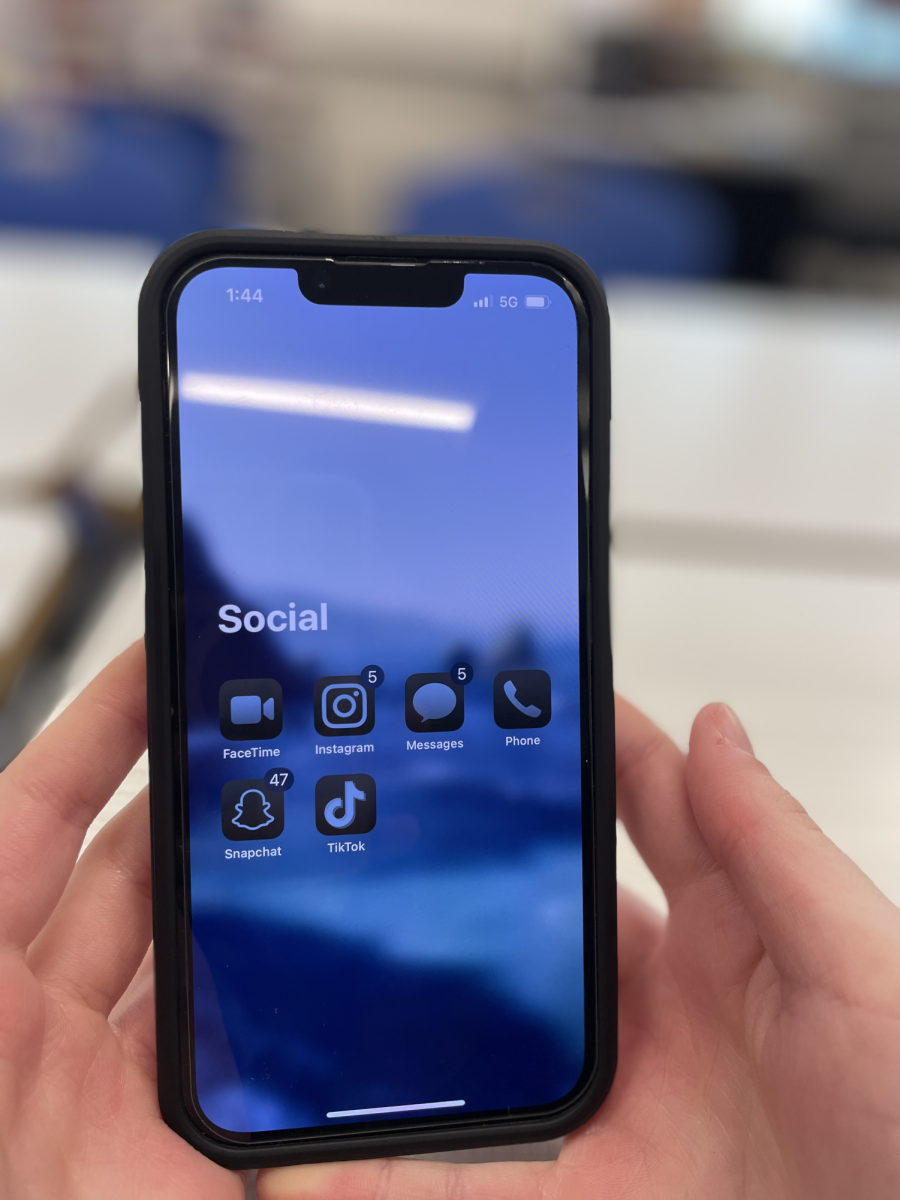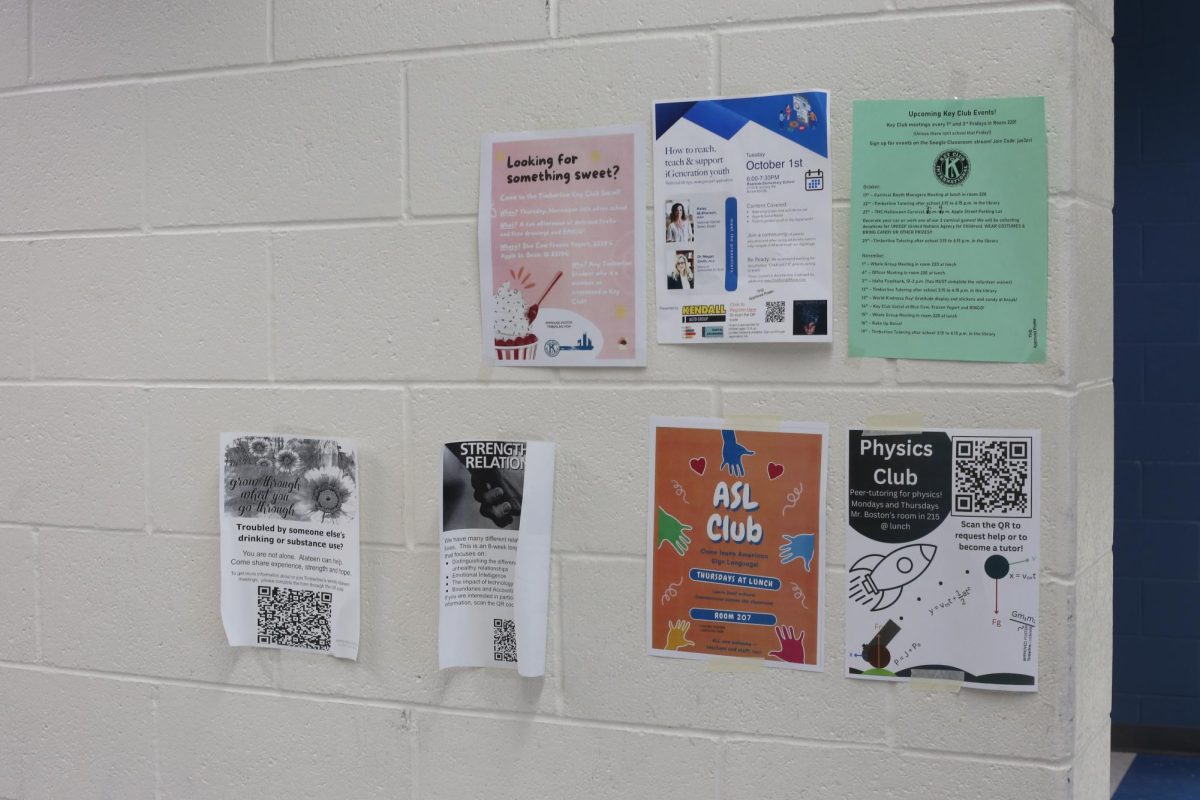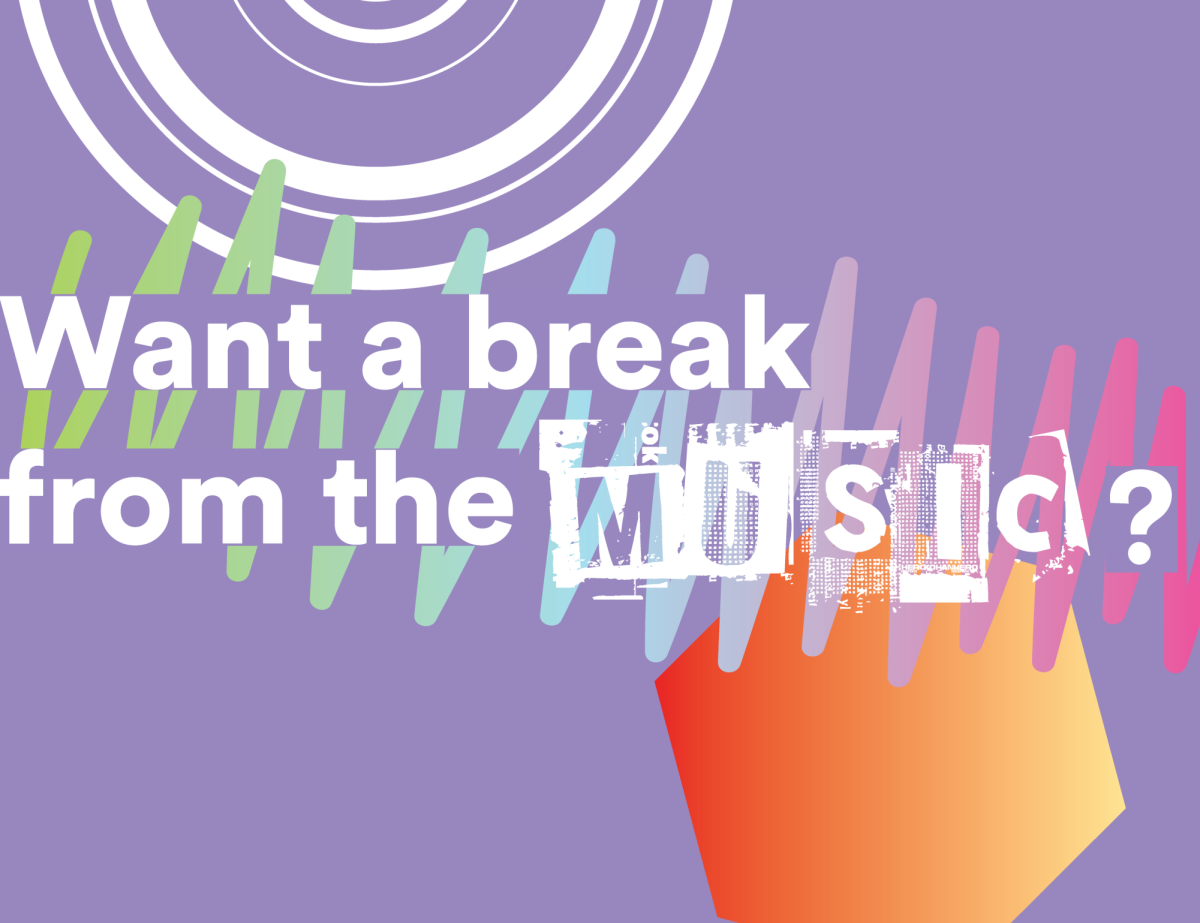TikTok in Turmoil
What’s going on with everyone’s favorite site?
March 14, 2023
Viral dances, catchy songs, ever changing trends. These are all things associated with TikTok, the app that has taken over the world. But recently a surprising new phrase has been brought into the mix: security threat.

Blue-banned on government devices
Yellow-previous temporary bans
Red-previous bans
Orange- using Douyin, Tiktok banned
In December 2022, citing security concerns, Congress ordered a ban of TikTok on all federal devices. According to Reuters, in an attempt to enforce the ban, on February 27th the White House announced that federal employees have 30 days to delete TikTok from all government owned devices. This ban follows a long line of similar bans from Taiwan, the European Union, and Canada. At the time of the White House’s announcement, over half of US states had already banned TikTok on state government devices, including Idaho.
These bans address increasing security concerns over TikTok’s data collection. TikTok is owned by Chinese media company Byte Dance, which acquired American app Musical.ly in 2017 and used it to launch TikTok, an American version of China’s video app Doujin. According to CNBC, United States officials have accused China of mishandling user data, and using it to spy on Americans, gathering intel on the personal lives of millions of US citizens.
“TikTok is a security threat. It allows the CCP [Chinese Communist Party] to manipulate and monitor its users while it gobbles up Americans’ data to be used for their malign activities,” says Republican House member Mike McCaul in an interview with CNBC.

Former American video app Musical.ly’s logo
According to Reuters, TikTok has vehemently denied such claims, and asserted that misinformation is the root of such concerns, denying that the app is being used to spy on Americans.
The Associated Press reported that China’s government has also dismissed any claims of data misuse, and has in turn criticized the US for what it sees as an abuse of government power.
“How unsure of itself can the U.S., the world’s top superpower, be to fear a young person’s favorite app to such a degree?” said Mao Ning, spokesperson for the Chinese Foreign Ministry.
Domestically, the American Civil Liberties Union is also opposed to the ban. The ACLU argues that the ban violates American’s First Amendment rights, specifically freedom of speech and freedom of expression, as the ban suspends content creation from reaching wider audiences.
For some, like the ACLU, TikTok’s platform serves as an extension of individual’s freedom and rights to expression, but for others such a platform comes with increased security threats, including data misuse and the spread of foreign messaging.
Since its founding in 2017, TikTok has amassed over 2.6 billion global downloads, with approximately 138 million active users residing in the US. TikTok has rocketed teenagers like Charli D’Amelio to fame, giving the 18 year old a platform of 150.1 million followers on TikTok alone. These powerful platforms have created both creativity as well as controversy. Brand new dances have been created and songs have been shared throughout TikTok, giving young and old content creators alike a chance to share their stories and their ideas.

TikTok Charli D’Amelio accepting a Kids Choice Award in 2022
But, the instantaneous fame and endless content TikTok offers has its fair share of drawbacks, chief among them are privacy and subsequent security concerns. Millions of young people publish, and are constantly encouraged to publish, personal data on TikTok. For United States officials, Chinese access to this data serves as a point of heightened concern, as few know what China plans to do with such information.
This is not the first time TikTok has fallen under such controversy. According to Reuters, in 2019 Tiktok paid a $5.7 million fine covering Musical.ly’s alleged illegal collection of minors’ data. Only a year later, in 2020 the European Union criticized TikTok, after a data collection commission in the Netherlands pursued an investigation into TikTok’s use of child data. All of these concerns have come to a head with the newest United States ban on the use of TikTok on government phones.
Although this ban doesn’t affect public use of the app, it tells a troubling tale for Tiktok’s future. At the moment, the US House is attempting to pass a bill that would give President Biden the executive power to ban TikTok on all United States devices. In the face of both the old bans and the new bill, the clock may be ticking for TikTok.
























